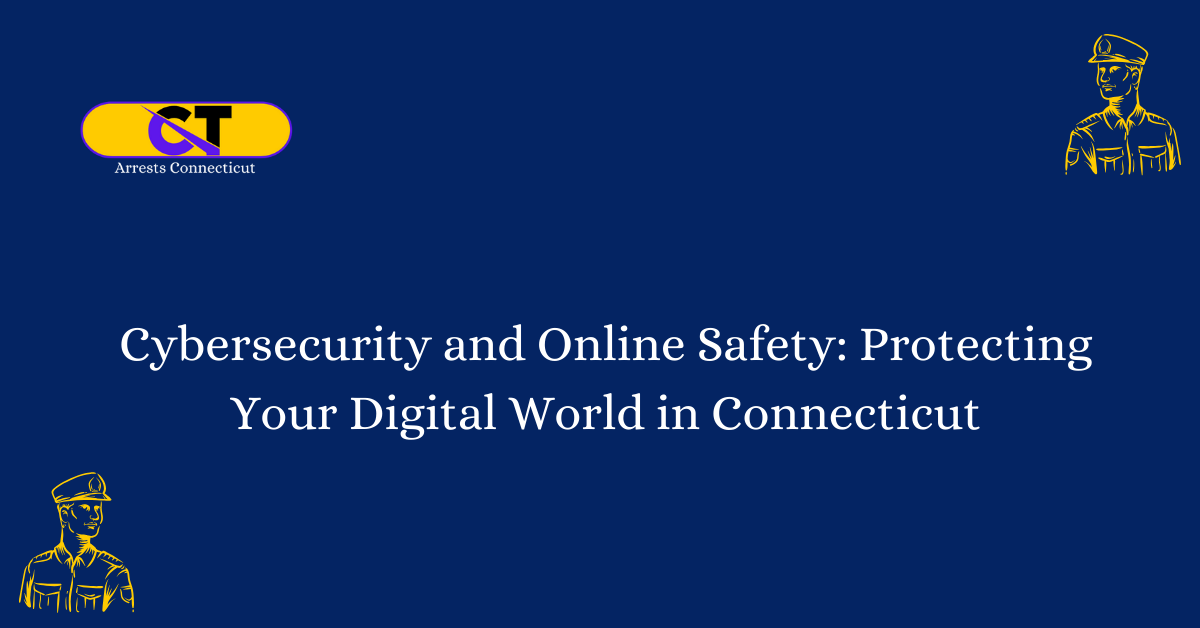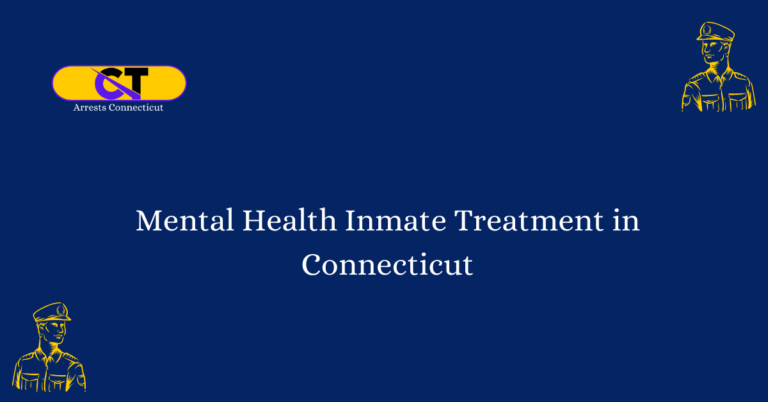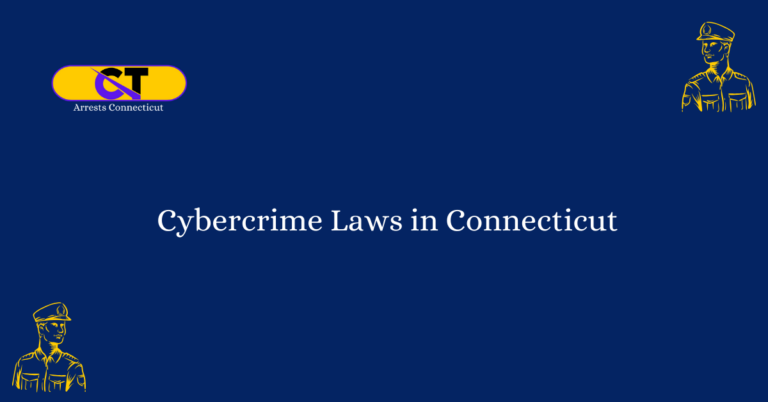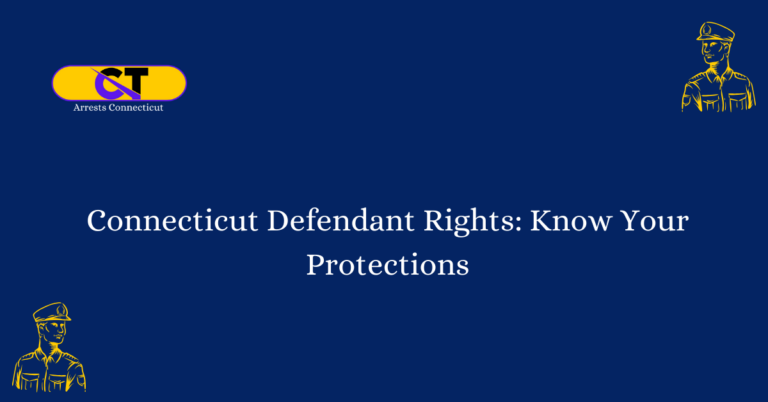Cybersecurity and Online Safety Protecting Your Digital World in Connecticut
In an era dominated by technology, the importance of cybersecurity and online safety cannot be overstated. Connecticut, like the rest of the world, is interconnected through the vast web of the internet, making it crucial for individuals and businesses alike to be vigilant in safeguarding their digital presence. This comprehensive data aims to explore key aspects of cybersecurity, offering insights and tips to help you navigate the digital landscape securely.
The Threat Landscape
Connecticut residents face a myriad of cybersecurity threats, ranging from phishing attacks to ransomware and identity theft. It is crucial to understand these threats to effectively protect oneself and one’s digital assets. Cybercriminals often exploit vulnerabilities in software, target weak passwords, and employ social engineering techniques to gain unauthorized access to sensitive information.
Securing Personal Devices
One of the first lines of defense against cyber threats is securing personal devices. This includes regular software updates, the use of reputable antivirus software, and the implementation of strong, unique passwords. Connecticut residents should be vigilant about the security settings on their smartphones, computers, and other connected devices to mitigate potential risks.
Protecting Personal Data
In an era where personal data is a prized commodity for cybercriminals, safeguarding it is imperative. Connecticut residents should exercise caution when sharing personal information online, be it on social media platforms or e-commerce websites. Utilizing privacy settings, being selective about the information shared, and avoiding public Wi-Fi for sensitive transactions are key practices.
Educating Yourself on Phishing
Phishing remains a prevalent threat in the digital landscape. Cybercriminals often employ deceptive emails, messages, or websites to trick individuals into revealing sensitive information. Connecticut residents should be well-versed in identifying phishing attempts and checking for red flags such as misspellings, unfamiliar sender addresses, and unsolicited requests for personal information.
Implementing Multi-Factor Authentication (MFA)
Multi-factor authentication adds an extra layer of security by requiring users to provide multiple forms of identification before accessing an account. Connecticut residents are encouraged to enable MFA whenever possible, reducing the likelihood of unauthorized access even if passwords are compromised.
Securing Home Networks
With the rise of remote work and online learning, home networks have become integral to daily life. Connecticut residents should secure their home Wi-Fi networks by using strong encryption, regularly updating router firmware, and changing default login credentials. Additionally, creating separate networks for guests and IoT devices can help isolate potential security vulnerabilities.
Staying Informed about Cyber Threats
Cyber threats are constantly evolving, making it crucial for Connecticut residents to stay informed about the latest developments in cybersecurity. Subscribing to reputable cybersecurity news sources, attending webinars, and participating in awareness campaigns can enhance one’s knowledge and preparedness.
Teaching Online Safety to Children
Children are often more vulnerable to online threats, making it essential for parents and guardians in Connecticut to educate them about online safety. Establishing guidelines for internet usage, monitoring online activities, and fostering open communication can help create a secure online environment for children.
FAQs
What is cybersecurity?
Cybersecurity refers to the practice of protecting computers, servers, mobile devices, electronic systems, networks, and data from digital attacks or unauthorized access. It involves implementing measures to prevent, detect, and respond to potential threats.
Why is cybersecurity important?
In today’s digital world, cybersecurity is crucial because cyber threats and attacks are on the rise. Without proper protection, individuals and businesses are vulnerable to data breaches, identity theft, financial loss, and damage to their reputations. Implementing cybersecurity measures helps safeguard personal and sensitive information, ensuring the safety and security of your digital presence.
What are some common cyber threats?
Common cyber threats include malware (such as viruses, ransomware, and spyware), phishing attacks, social engineering, hacking, denial-of-service attacks, and data breaches. These threats can cause significant financial and reputational damage if not addressed promptly.
How can I protect myself from cyber threats?
To protect yourself from cyber threats, it is important to follow best practices such as using strong and unique passwords, keeping your software and devices up to date, being cautious of suspicious emails or links, using reliable antivirus software, and regularly backing up your data. Additionally, educating yourself about common cyber threats and practicing safe online habits can greatly enhance your cybersecurity.
How can your team assist with cybersecurity?
My capabilities as a language model developed by OpenAI allow me to provide information and guidance on various aspects of cybersecurity. I can offer insights into best practices, explain cybersecurity concepts, and assist in developing strategies to enhance online safety. While I don’t provide direct services or solutions, I can serve as a valuable resource for information and education on cybersecurity matters.







